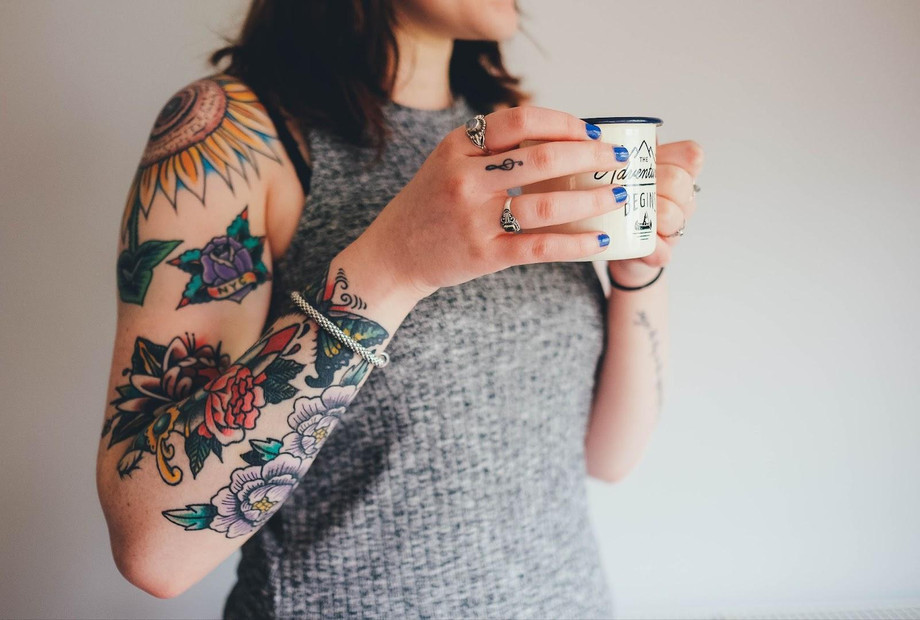Tattoos are a popular form of self-expression with a rich history and cultural significance across the globe. In Australia, tattooing has become increasingly mainstream, with many people sporting at least one piece of ink. However, a common concern for many is the longevity of their tattoos. Understanding the factors that contribute to tattoo fading can help in maintaining the vibrancy and clarity of the ink over time.
Quality of the Ink and Equipment
The first factor in the longevity of a tattoo is the quality of the ink and equipment used. High-quality inks that are specifically designed for tattooing tend to fade less over time. Additionally, the skill of the tattoo artist and the quality of the equipment they use can also influence how well a tattoo holds up. Professional artists at reputable studios, like Celebrity Ink, use top-of-the-line inks and sterilised equipment, which significantly reduces the risk of fading.

Exposure to Sunlight
Sun exposure is one of the leading causes of tattoo fading. The sun’s ultraviolet (UV) rays can break down the ink pigments over time, causing the tattoo to lose its vibrancy. Protecting your tattoo from the sun is crucial, especially during the harsh Australian summers. Wearing protective clothing or applying a high-SPF sunscreen can help mitigate this effect.
Location of the Tattoo
The location of the tattoo on your body can also affect its longevity. Areas frequently exposed to friction, such as hands, feet, and elbows, tend to fade faster. This is due to the constant wear and tear in these areas, which can gradually erode the ink. Choosing a less exposed body part for your tattoo can help in preserving its appearance.
Aftercare and Lifestyle
Proper aftercare is essential in maintaining the longevity of a tattoo. This includes keeping the tattoo clean and moisturised and allowing it to heal properly. Poor aftercare can lead to infections or scarring, which can affect the tattoo’s appearance. Additionally, lifestyle choices such as smoking can also contribute to faster fading, as it affects skin health.
Ageing and Skin Type
Over time, as the skin ages, tattoos may naturally fade. This is due to changes in skin elasticity and texture. People with oilier skin may also notice their tattoos fading faster, as the excess oil can lead to ink dispersion.
Tattoo fading is a natural process that can be influenced by various factors. By understanding these factors, individuals can take proactive steps to preserve their tattoos. Choosing a reputable tattoo studio such as Celebrity Ink, protecting the tattoo from the sun, and following proper aftercare are all essential in maintaining the vibrancy of your ink. Remember, a tattoo is not just a piece of art; it’s a lifelong commitment to your skin.